Understanding the relationship between local businesses and real estate values provides invaluable insight for business owners and property investors.
This relationship is an essential consideration for potential investors and those seeking to enhance the value of their properties. The success of businesses in a given area can be a significant driver of the real estate market, leading to a surge in property values. Conversely, decreased business activity can lead to a fall in property values.
Understanding the Impact of Local Businesses on Real Estate
Local businesses, particularly small to medium-sized enterprises, can profoundly impact real estate values. Their presence in a locality often signals a thriving community and a vibrant economy. When local economies are strong, they attract capital to boost construction and renovation projects, ultimately lifting real estate values.
However, the impact on local businesses isn’t always positive. If industries decline or businesses close, real estate markets can suffer. Decreased demand for properties can lead to a decrease in property values. This relationship underscores the interdependence of the business and real estate sectors, making it crucial to understand the local business environment before making real estate investments.
In 2011, an American Express OPEN Independent Retail Index study conducted by Civic Economics revealed that neighborhoods with thriving independent businesses saw home values outperform citywide markets by 50 percent over 14 years. The study is older, but the data is still relevant, reiterating the significant influence that successful businesses can have in boosting local real estate markets.
Small Businesses and Their Effect on Real Estate Values
Small businesses, often seen as the backbone of a community, play an exceptional role in influencing real estate values. Their presence indicates a thriving neighborhood, inviting more investments and jobs. This boosts the local economy, which in turn increases property values.
However, it’s a two-way street. Just as successful businesses can boost real estate values, if small businesses face a slump, real estate values also bear the brunt.
While this cyclical relationship between small businesses and real estate prevails, it is evident that nourishing small businesses can be a strategic approach to elevate real estate values.
The Role of Employment in Real Estate
Employment is the engine that powers the economy and forms the bedrock of the housing market. A robust job market directly corresponds to a bustling housing market. When employment levels are stable, it boosts consumer confidence, empowering potential buyers to invest in real estate.
Research suggests that job growth can lure new residents, thereby spiking the demand for housing. Industries that provide large-scale employment have a direct and uplifting impact on the local real estate market. This surge in job opportunities fuels housing demand and elevates property values.
Simultaneously, a downturn in employment levels could trigger the opposite effect. As job losses pile up, consumer spending invariably shrinks, impacting real estate demand and property values. The 2008 housing market crash is a glaring instance where the job market’s downfall coincided with a housing price collapse.
In summary, thriving employment levels are usually excellent news for real estate values and vice versa. Keep an eye on the employment trends in your potential investment area—it can be a game-changer.
Remote Businesses Opening New Opportunities in Real Estate
Remote businesses are transforming not only the way people work but also how property markets function. With traditional business centers less alluring and people no longer tied to a specific location for work, the property market has seen a significant shift in demand.
Firstly, remote work allows individuals and families greater flexibility to choose where they live, opening up possibilities beyond bustling city centers to more tranquil and affordable suburban or rural locations. This migration is increasing demand and prices for property in these previously less popular areas. Moreover, demand for larger homes with dedicated workspaces is rising, increasing the average home price.
Simultaneously, the diminished need for office space in urban centers is leading to a decline in commercial property prices in these areas. However, this also creates new opportunities for the real estate market. Unused or underused commercial spaces could be refurbished into residential units, community spaces, or co-working spaces, potentially stimulating renewed interest and investment in these areas.
The impact of remote work on real estate is complex and multifaceted. Potential investors and sellers can strategically navigate this evolving landscape by understanding these emerging trends.
Closing Points
The impact of local businesses on real estate values is undeniable, from creating thriving communities that enhance property value to fostering job growth that fuels housing demand. Small businesses and tech hubs have been shown to lift property values while changing employment dynamics significantly, such as the rise of remote businesses and opening new pathways and opportunities in the real estate market. However, potential investors and sellers must acknowledge the risks associated with downturns in local businesses and unemployment rates.
A deep understanding of these dynamics can empower property owners, investors, and community planners to make strategic decisions that contribute to the health and prosperity of their local economies and real estate markets. Harnessing the power of local businesses while navigating the hurdles can make the difference between a thriving or languishing property market.
© 2024 xpertRealtyMarketing.



